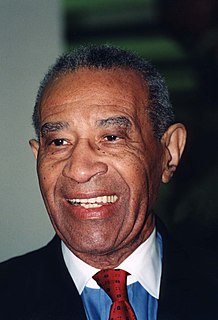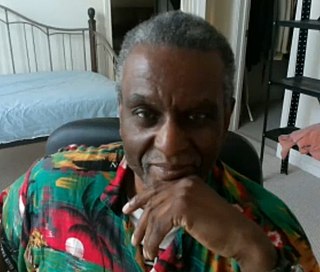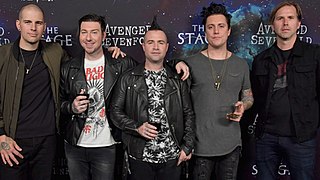A Quote by Max Roach
I will never again play anything that does not have social significance. We American jazz musicians of African descent have proved beyond all doubt that we are master musicians of our instruments. Now what we have to do is employ our skill to tell the dramatic story of our people and what we've been through.
Related Quotes
The United Nations and the Organization of American States have named 2011 as the International Year for People of African Descent. This is an opportunity for all of us around the globe to celebrate the diversity of our societies and to honor the contributions that our fellow citizens of African descent make every day to the economic, social and political fabrics of our communities.
I visited New York in '63, intending to move there, but I noticed that what I valued about jazz was being discarded. I ran into `out-to-lunch' free jazz, and the notion that groove was old-fashioned. All around the United States, I could see jazz becoming linear, a horn-player's world. It made me realize that we were not jazz musicians; we were territory musicians in love with all forms of African-American music. All of the musicians I loved were territory musicians, deeply into blues and gospel as well as jazz.
I grew up in the Great Depression, and the jazz artists and Dixieland musicians were at the core of our communications and enjoyment. They were not passing fancies. They are something that is, and will be, listened to again and again. I have a space of reverence for some of those old jazz stars such as Sydney Bechet and Louis Armstrong.
I get so much from having the opportunity to interface with the younger people and to bring information to them and to represent our culture and our way of life. The feeling and the warmth and the love, it's unbelievable. The type of exchange that goes on between students and teachers or visiting people who are doing master classes, and not just when they're musicians. Even general classes, when the students are not necessarily musicians.
I do not doubt that our country will finally come through safe and undivided. But do not misunderstand me... I do not rely on the patriotism of our people... the bravery and devotion of the boys in blue... (or) the loyalty and skill of our generals... But the God of our fathers, Who raised up this country to be the refuge and asylum of the oppressed and downtrodden of all nations, will not let it perish now. I may not live to see it... I do not expect to see it, but God will bring us through safe.
Our character is composed of our ideas and our feelings: and, since it has been proved that we give ourselves neither feelings nor ideas, our character does not depend on us. If it did depend on us, there is nobody who would not be perfect. If one does not reflect, one thinks oneself master of everything; but when one does reflect, one realizes that one is master of nothing
It doesn't matter if it's jazz or not. It's about how we listen, how we interact, how we guide our attention when we're listening, and how we can refine what we're doing musically. Also how we can create our own music, and what opportunities that can bring us, as creative musicians. And then insisting that musicians put themselves through an intellectually rigorous process, which involves a lot of reading and writing, while insisting that music scholars think about ethics.
The potential significance of Black feminist thought goes far beyond demonstrating that African-American women can be theorists. Like Black feminist practice, which it reflects and which it seeks to foster, Black feminist thought can create a collective identity among African-American women about the dimensions of a Black women's standpoint. Through the process of rearticulating, Black feminist thought can offer African-American women a different view of ourselves and our worlds



































